Research Yields More Options for Parkinson’s Patients
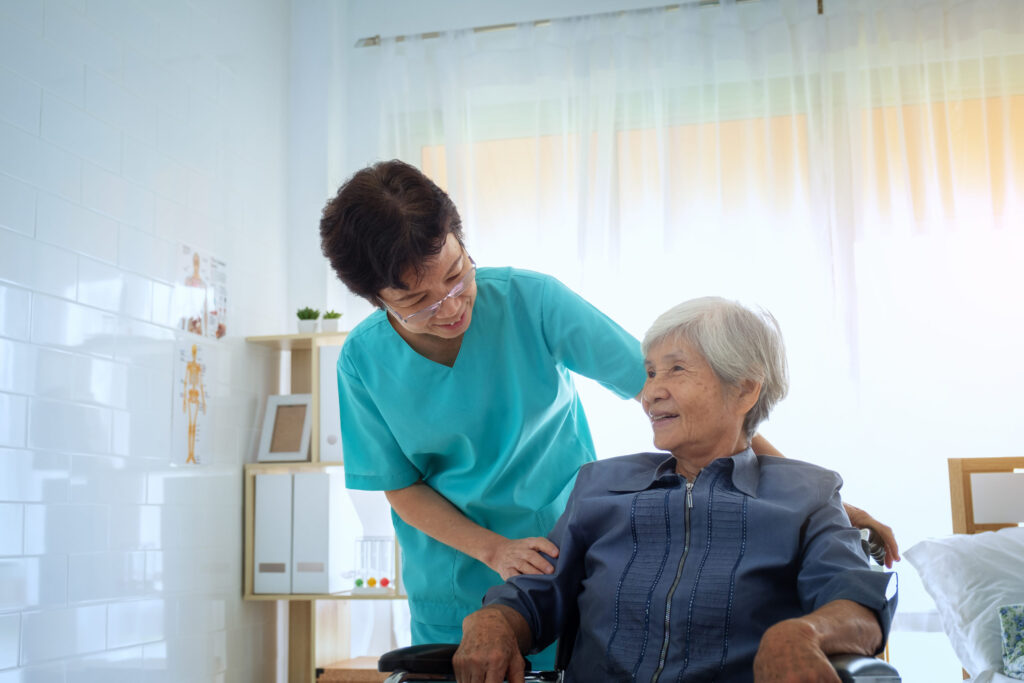
A newly FDA-approved medication reflects how ongoing research continues to improve the treatment of Parkinson’s disease.
Uniting in the Fight against Brain Illness
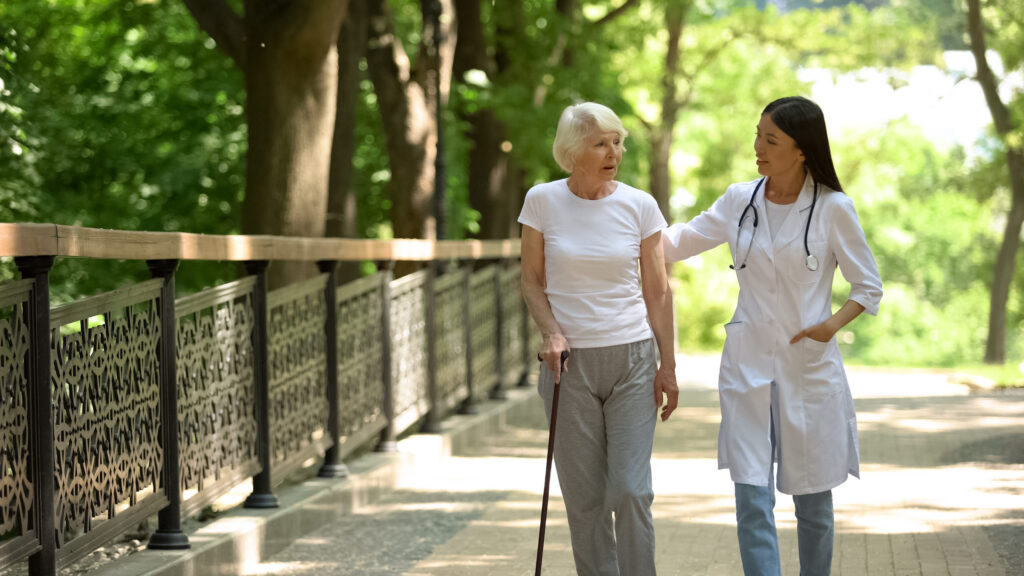
The number of people with Parkinson’s disease doubled from 1990 to 2015 – and is expected to double again over the next 20 years. The disease’s growing prevalence underscores why increased awareness and research for brain illness remain critical.
Suicide Hotline Could be Lifeline for Patients in Crisis

The Federal Communications Commission’s proposal to create a three-digit suicide hotline is drawing praise from the patient advocacy community.
Curious About Caregiving?
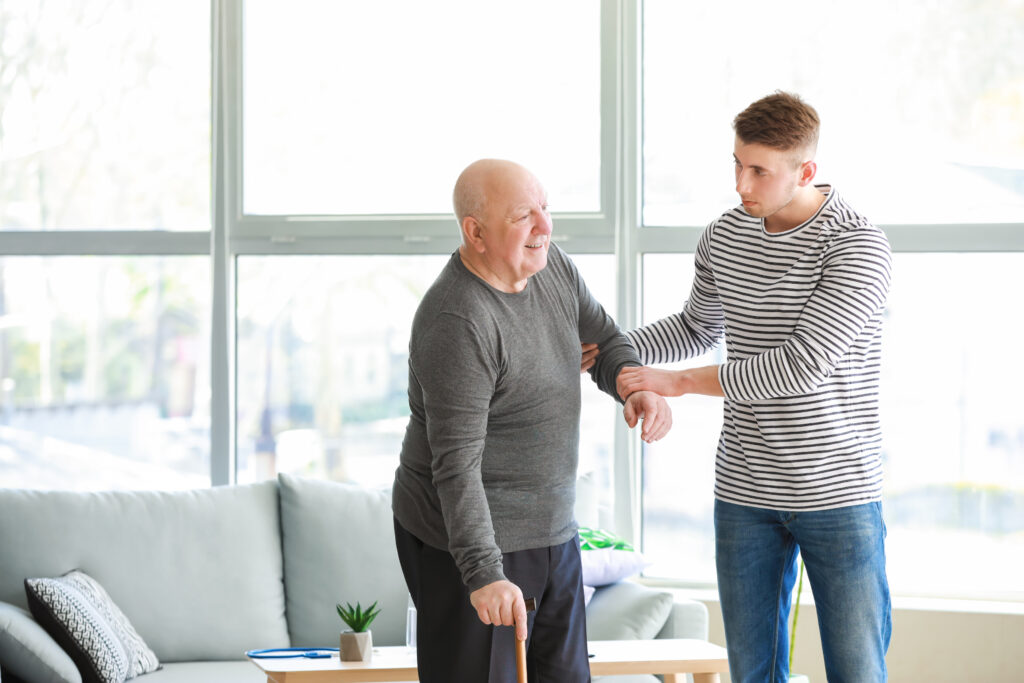
National Family Caregiver Month, celebrated in November, offers an ideal time to acknowledge caregivers’ efforts and to increase support for them.
Moving Beyond Stigma for People Living with TD
Patient advocates want the lip smacking, grimacing and uncontrollable twitching caused by the movement disorder tardive dyskinesia to do more than attract stares. They want it to elicit empathy and understanding.
Dignity & Dose Reduction
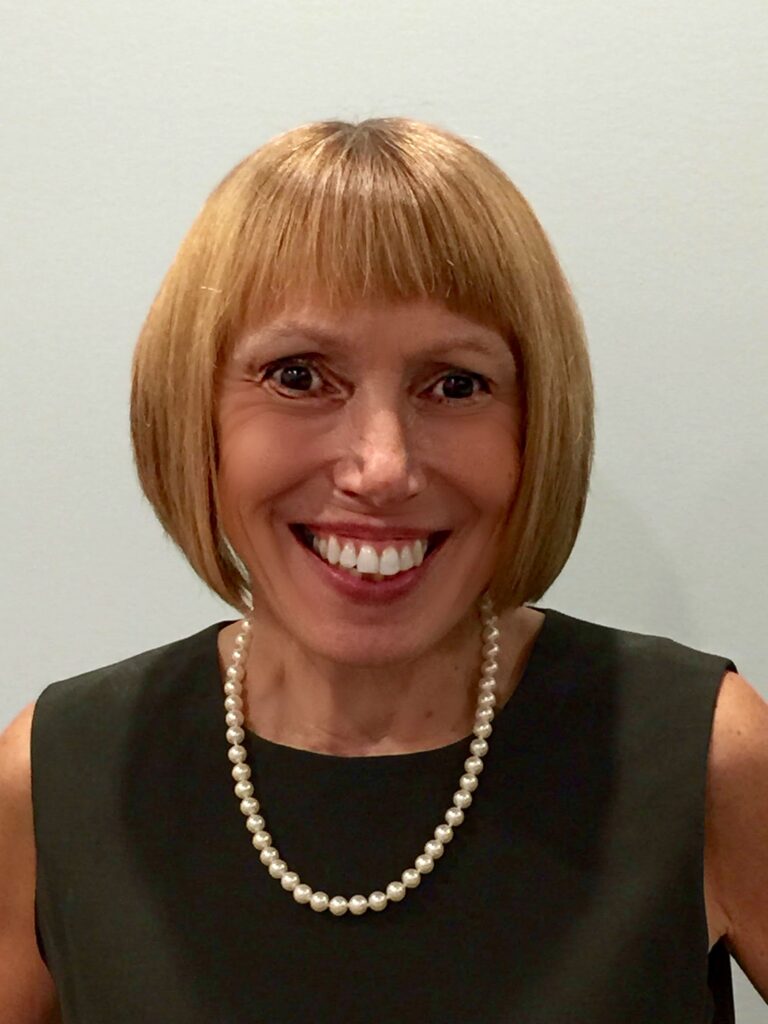
It’s hard to put a price on dignity. Just ask a patient dealing with PBA, or pseudobulbar affect.
It’s Time to Supercharge Caregiving
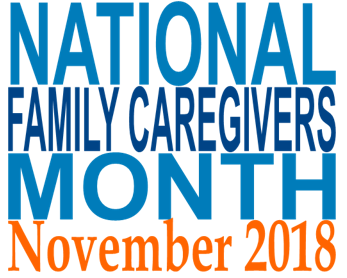
Making appointments and paying bills for a parent with Alzheimer’s. Managing medicines for a child with cystic fibrosis. Grocery shopping for a neighbor with Parkinson’s. All of these are forms of caregiving. And during National Family Caregivers Month this November, Caregiver Action Network is calling on caregivers to “supercharge” these functions through technology.
#CureStigma this Mental Illness Awareness Week

That’s why this Mental Illness Awareness Week carries a bold call to action: #CureStigma.
Do You Know the Face of Someone with Essential Tremor?
Is she nervous? Is she cold? Maybe she drank too much coffee. Could she be going through withdrawal? Maybe she’s just getting old.
New Law Recognizes Family Caregivers
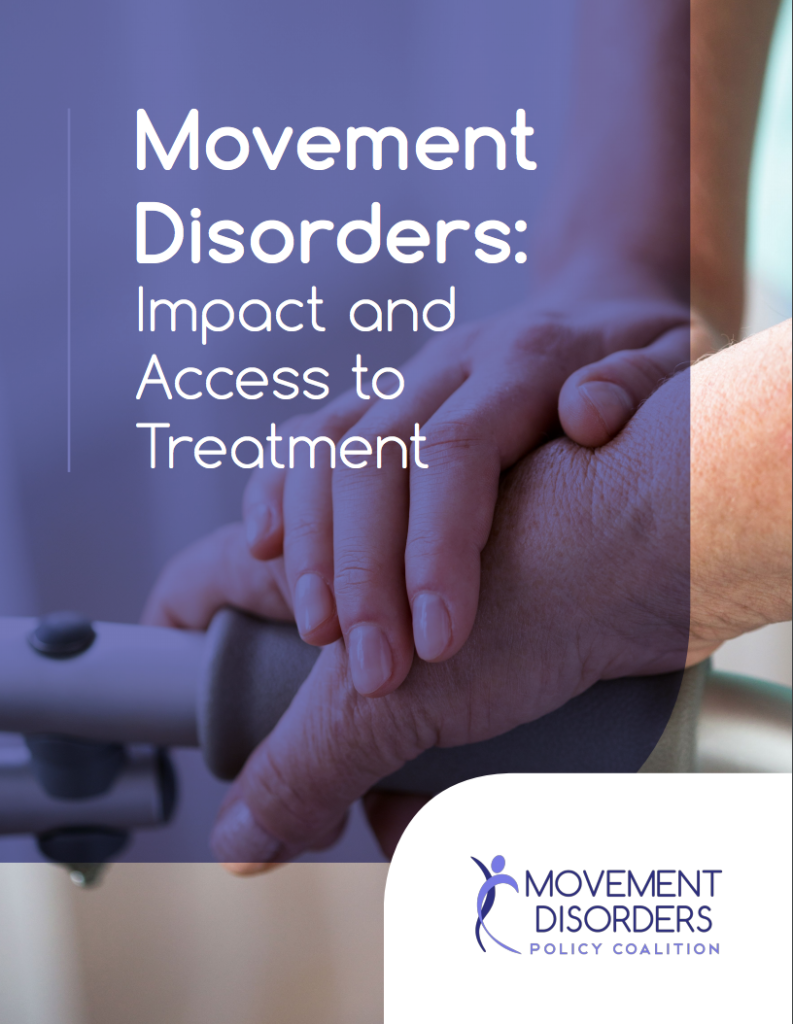
An estimated 65 million family caregivers help their elderly, disabled or ill loved ones continue to live at home – driving them to appointments and assisting with day-to-day needs like bathing, dressing and preparing meals. Few receive recognition, resources or support. But a new law aims to change that.

